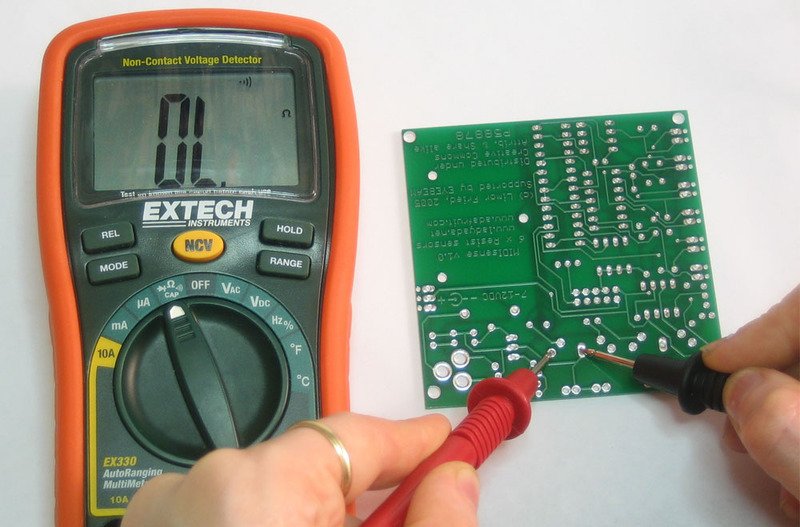
Most electricians are worried about the presence of voltage in their electric works. Do not make any mistakes. That is critical in the testing of electric parts in your daily work. And that is where a voltage tester comes to play.
For an electrician, just like the wire strippers, screwdriver and pliers are essential, the voltage tester is a crucial part of their work plus a must carry in their tool bag. These tools allow you to check for power effortlessly, safely, and quickly.
Most are easy to use. You only need to press the right button and hold it near the wires you’re interested in. The voltage and continuity tester will indicate if it detects power. That helps you to proceed accordingly. They save you time and can help you avoid a dangerous and painful shock. However, there are many varieties in the market and, it’s challenging to settle for the best.
So, how do you choose the right voltage tester? Let us discuss.
Design
There are several voltage tester designs to consider. Such include outlet testers, multimeters, and pen testers. They vary in size, are operated differently, and come with different functionalities. One of the best to consider is the P-1 Voltage and Continuity Tester.
Functionality
In general, voltage testers are useful for checking for alternating currents, such as the electricity in a commercial or residential building. They do not come in handy for detecting the direct current in a vehicle. But, that does not mean that all of them are not useful.
Some of these testers come with built-in features such as measuring lasers, infrared thermometers, and flashlights. Many of these testers can alert you if the wiring is backward, for AC and DC voltage, as well as amperage, resistance, and more.
Your individual needs will ascertain the kind of voltage tester to go for. To test a wire for power, the tool will do the trick for you without confusing switches or buttons. The voltage tester is also helpful with multiple electrical projects.
Compatibility
Some voltage testers are not compatible with all electrical devices you might come across. Several types of voltages outside the range can be detected but will not alert the tester. For this reason, you need to choose a tester that is excellent for testing electricity at home. That includes switches, fixtures, and outlets. Depending on the voltage, some may be incompatible with some of your devices and may not detect low voltages.
Consider a voltage tester that can switch between direct current and alternating resistance and amperage.
Longevity
Finally, choose a voltage tester from a reliable manufacturer in the electricals industry. Such companies produce top-notch products you can rely on. These will give you service and value for your money.
Also, consider the battery life of the voltage tester. The best ones have automatic power on and shut off functions. If your tester does not detect voltage within a given amount of time, it will automatically go off to prolong battery life.





More Stories
Decoding the 0800 808 7000 Caller in Japan
A Comprehensive Guide to Tackling 02088798587 and Other Nuisance Calls
The Unknown Caller: A Close Look at 0121 272 5077″